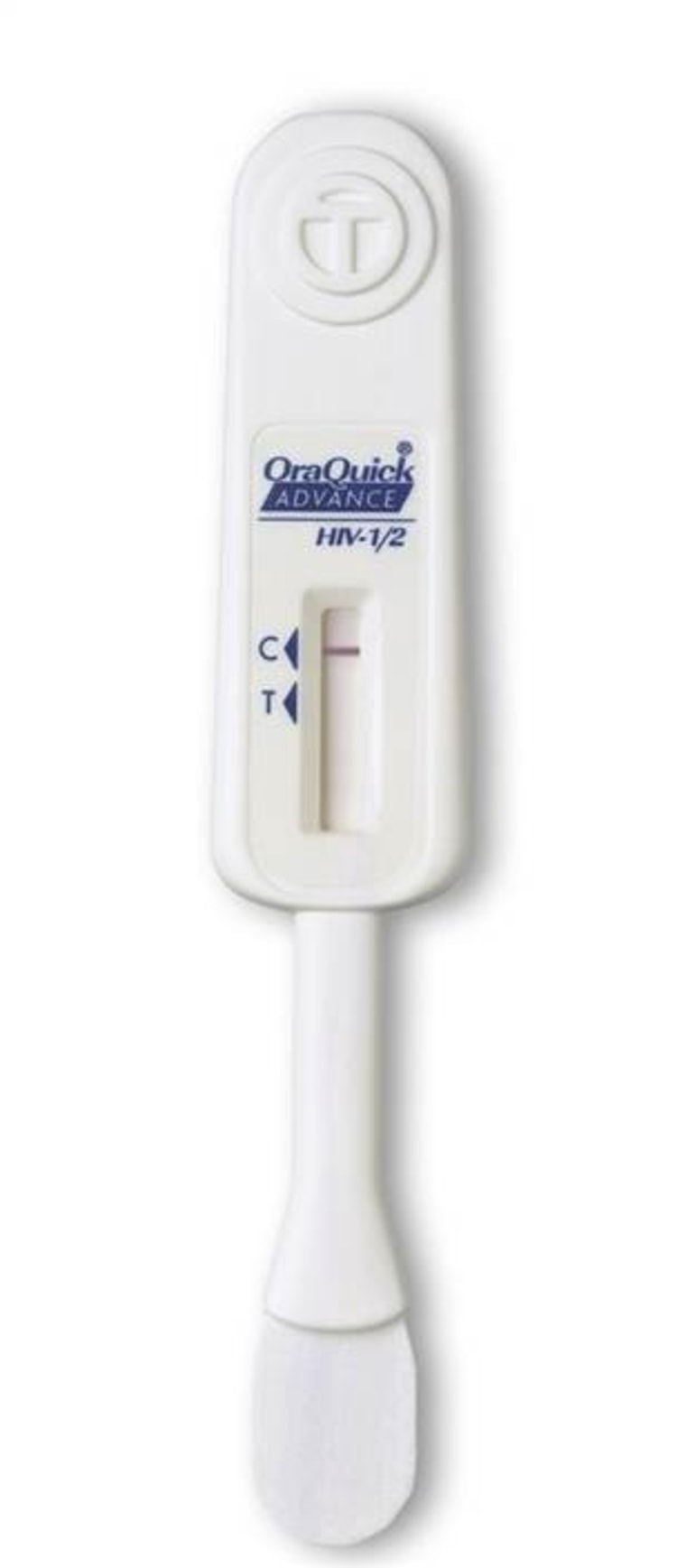Part of the reason why Melissa took time to examine the issue of HIV and AIDS this past weekend had a lot to do with last Wednesday being National HIV Testing Day, observed yearly since 1995. The segment led off with Macalester College dean Christopher MacDonald-Dennis recounting how and when he received his diagnosis.
Having last week edited the essay he wrote about his experiences (and having been, as Melissa noted of herself on the show, "Twitter friends" with Chris for years now), I was happy to see him on air sharing his story, but was also moved by a question I couldn't shake: why, with something which should be private, must we force those living with HIV to be so public just for our own edification? Will we ever get to a point with this disease where we as a society are educated enough to leave our brothers and sisters with the disease alone to live without our baggage?
In the conversation that followed, Katrina vanden Heuvel, editor and publisher of The Nation, was the first in the conversation to bring up not simply the stigma associated with the disease, but with testing itself. Today, there was a hopeful sign that that stigma could be lessened:
After decades of controversy, the Food and Drug Administration approved a new H.I.V. test on Tuesday that for the first time makes it possible for Americans to learn in the privacy of their homes whether they are infected...The OraQuick test, by OraSure Technologies, uses a mouth swab and gives results in 20 to 40 minutes. A previous test sold over the counter required a user to prick a finger and mail a drop of dried blood to a lab.
Why is something like this so important? See the "privacy of their homes" bit from the New York Times report, to which the Associated Press adds:
Government officials estimate that about 240,000 people, or one-fifth of the roughly 1.2 million people carrying HIV in the U.S., don't know they are infected. Testing is a chief means of slowing new infections, which have held steady at about 50,000 per year for two decades.
The test had already been offered in a pilot program by a number of national chain pharmacies, but now that the Food and Drug Administration has signed off, it'll be available in many, many more in October. If the stigma is what's keeping you from getting tested, I hope you find enough strength not to wait that long.
The first part of our HIV discussion is below; the second half is below the jump. You can find the rest of Melissa's interview with House Minority Leader Nancy Pelosi in the carousel above, and also here, here, and here.
